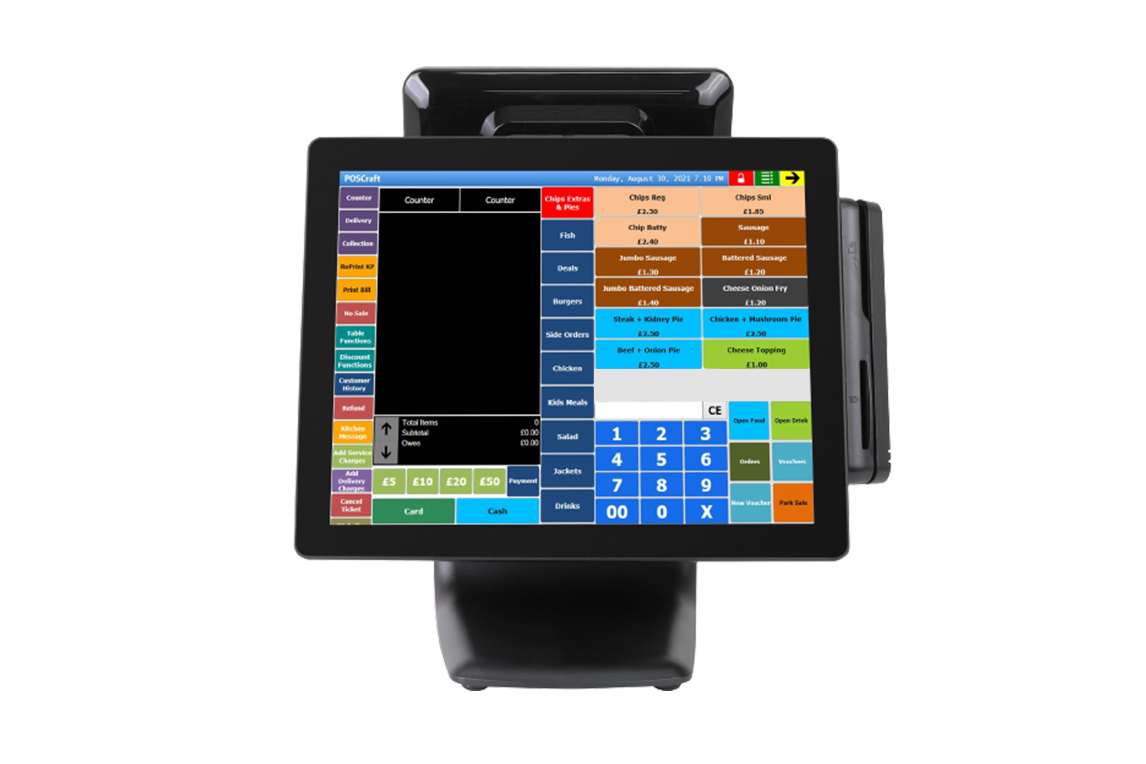In the fast-paced realm of business, where every transaction counts, the role of Point of Sale (POS) Management Software has become increasingly pivotal. Beyond traditional transaction processing, these sophisticated systems are designed to streamline operations, manage inventory seamlessly, and elevate overall business efficiency. Let’s delve into the transformative world of Point of Sale Management Software.
Streamlining Transactions
At the heart of Point of Sale Management Software is the ability to streamline transactions. These systems offer swift and secure payment processing, supporting various payment methods, including credit/debit cards, mobile payments, and contactless transactions. The result is a more efficient and customer-friendly checkout process.
Inventory Control and Management
One of the standout features of POS Management Software is its robust inventory management capabilities. Businesses can track inventory in real-time, set up automated alerts for low stock, and optimize order management. This not only prevents stockouts but also enhances decision-making regarding restocking and product management.
Comprehensive Reporting and Analytics
Modern POS Management Software goes beyond basic transaction records. It provides comprehensive reporting and analytics tools, offering insights into sales trends, customer behavior, and inventory turnover. Businesses can make data-driven decisions, identify opportunities for growth, and optimize their overall strategy.
Multi-location Management
For businesses with multiple locations, POS Management Software offers centralized control. It enables consistent management of inventory, pricing, and promotions across different branches. This ensures uniformity in operations and a seamless experience for both customers and staff.
Customer Relationship Management (CRM)
Enhancing customer relationships is a key focus of POS Management Software. These systems often include CRM features, allowing businesses to capture customer data, track purchase history, and implement loyalty programs. This personalized approach fosters customer loyalty and contributes to a positive overall experience.
Integration Capabilities
A robust POS Management Software should seamlessly integrate with other business tools and systems. Whether it’s accounting software, e-commerce platforms, or marketing tools, integration ensures a cohesive flow of data across different aspects of your business, eliminating silos and enhancing efficiency.
Employee Management
Some POS Management Software includes features for employee management, such as time tracking, performance analytics, and access controls. This not only simplifies HR processes but also contributes to a more efficient and accountable workforce.
Scalability
As your business grows, so should your POS system. Scalability is a crucial consideration in choosing the right software. The system should be flexible enough to accommodate the changing needs of your business, whether you’re expanding to new locations or diversifying your product offerings.
Security Measures
Security is paramount in handling sensitive customer data and financial transactions. POS Management Software should adhere to industry standards for data security and include features such as encryption and secure payment gateways to protect both your business and your customers.
User-Friendly Interface
An intuitive user interface is essential for the effective utilization of POS Management Software. The system should be easy to navigate, minimizing the learning curve for your staff and ensuring smooth day-to-day operations.
Conclusion
In conclusion, Point of Sale Management Software is a cornerstone for businesses seeking to optimize their operations and enhance the overall customer experience. By embracing the features of these advanced systems, businesses can unlock new levels of efficiency, make informed decisions, and position themselves for sustained success in today’s competitive market.
